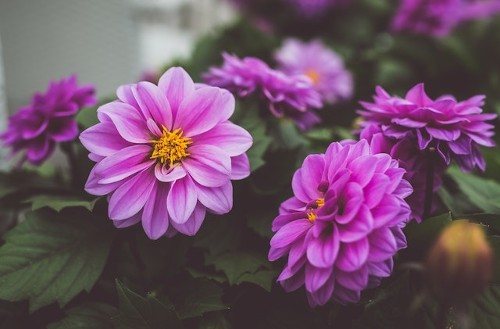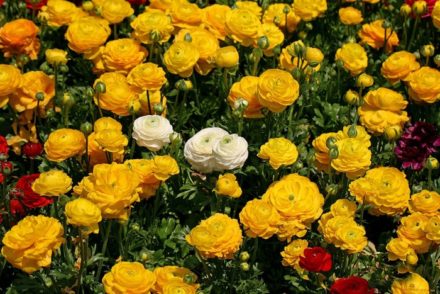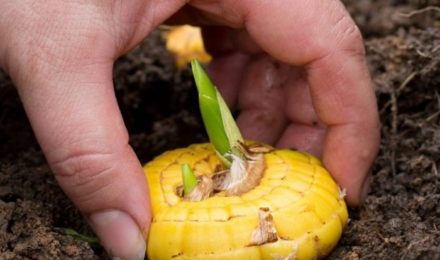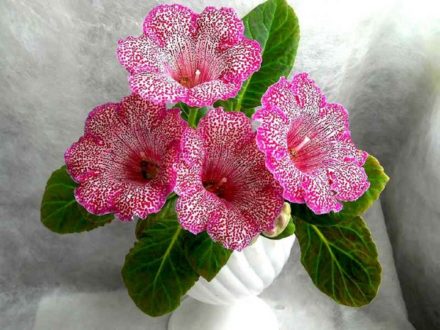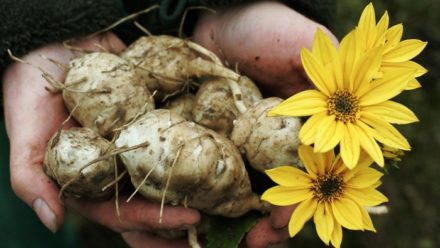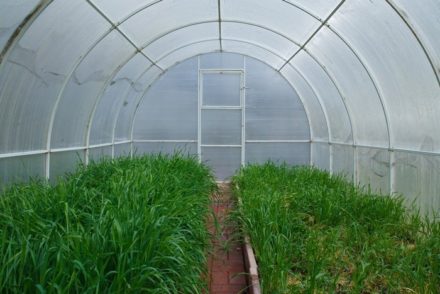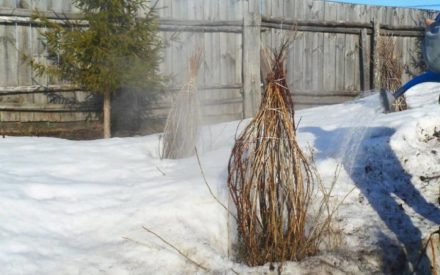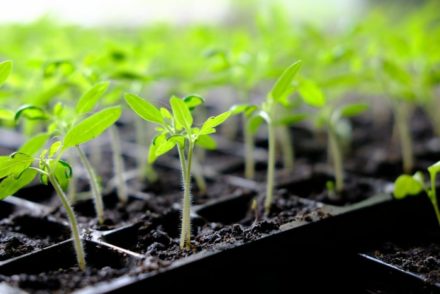Dahlias are distinguished by their attractive appearance and undemanding care. The plant can grow both in the shade and in sunny areas. To get large buds, you need to know how to properly prepare tubers for planting.
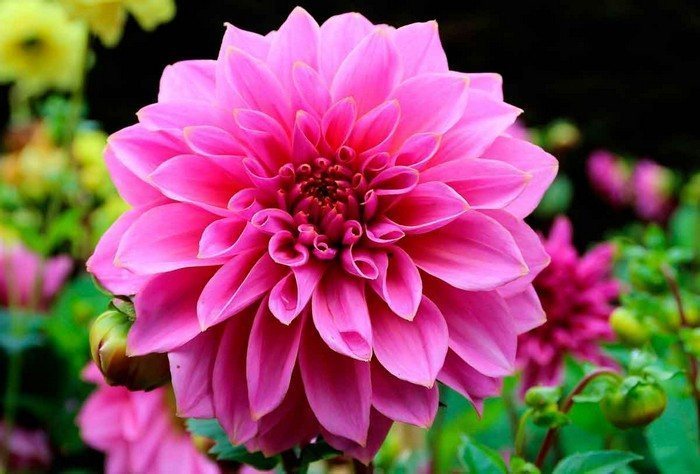
Selection of planting material
In April, planting material must be removed from the basement. Carefully inspect for rot and damage. Conduct a selection of large, medium and small specimens. If there are thin long shoots on the roots, they must be removed with a sharp knife. Roots with a large number of potatoes must be divided. Treat the cut area with a light solution of manganese.

Pest prevention
After selecting planting material, it must be disinfected. It is recommended to use manganese for disinfection. Prepare a pink solution. Place the tubers into the solution and leave for 30 minutes. After disinfection, the roots are carefully removed and laid out to dry.
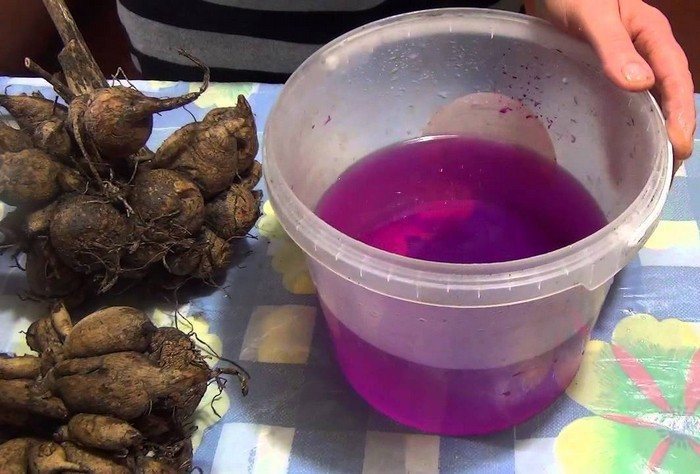
Warming up
In order to awaken the kidneys, you should place the tubers in a warm place for 10 days. During this time, the buds will increase in size and will be ready for germination. However, dahlias should not be placed near heating appliances. This can lead to drying out of the planting material.
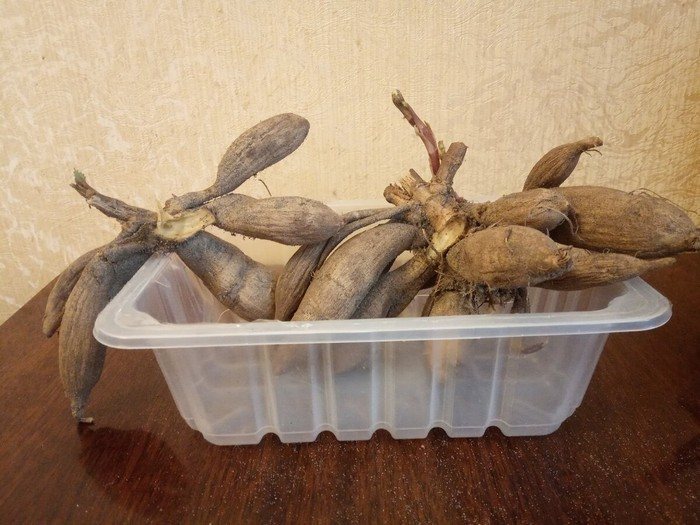
Germination in sand
Dahlia tubers need to be germinated. To do this, coarse sand is poured into the container for seedlings and planting material is placed.Sprinkle a new layer of sand on top and moisten it. The container is placed on the windowsill.
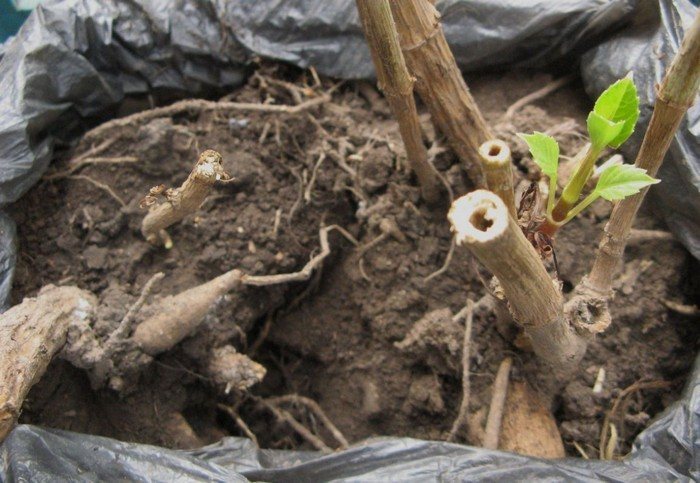
Hardening
To prevent the plant from dying immediately after planting in open ground, it should be hardened off. To do this, after the sprouts appear, it is necessary to lower the temperature in the room for several days. After which the roots should be ventilated by opening the window for a minute. Gradually, the duration of hardening increases. Hardened sprouts are strong and quickly adapt to a new growth location.
Planting in pots
After small sprouts appear, dahlias should be transplanted into a container with soil. This will reduce the risk of yellowing of young shoots. For dahlias, a classic seedling substrate is used. For large specimens you need to use pots; for small ones, cups are suitable. Before planting, you should inspect the tuber and remove weak sprouts, leaving 2-3 specimens. Such actions allow you to subsequently obtain large buds and a strong bush. Pots with sprouts are placed in a cool place, and the plants are grown in them until planted in open ground.
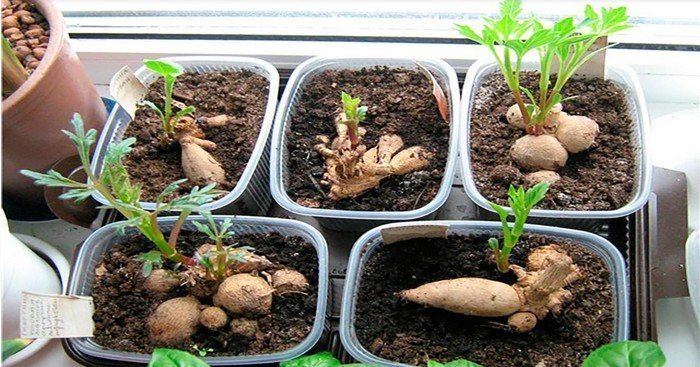
Properly prepared tubers produce abundant flowering and are rarely damaged by pests. Sprouted tubers quickly adapt to a new growth location and allow you to grow strong bushes without much effort.


